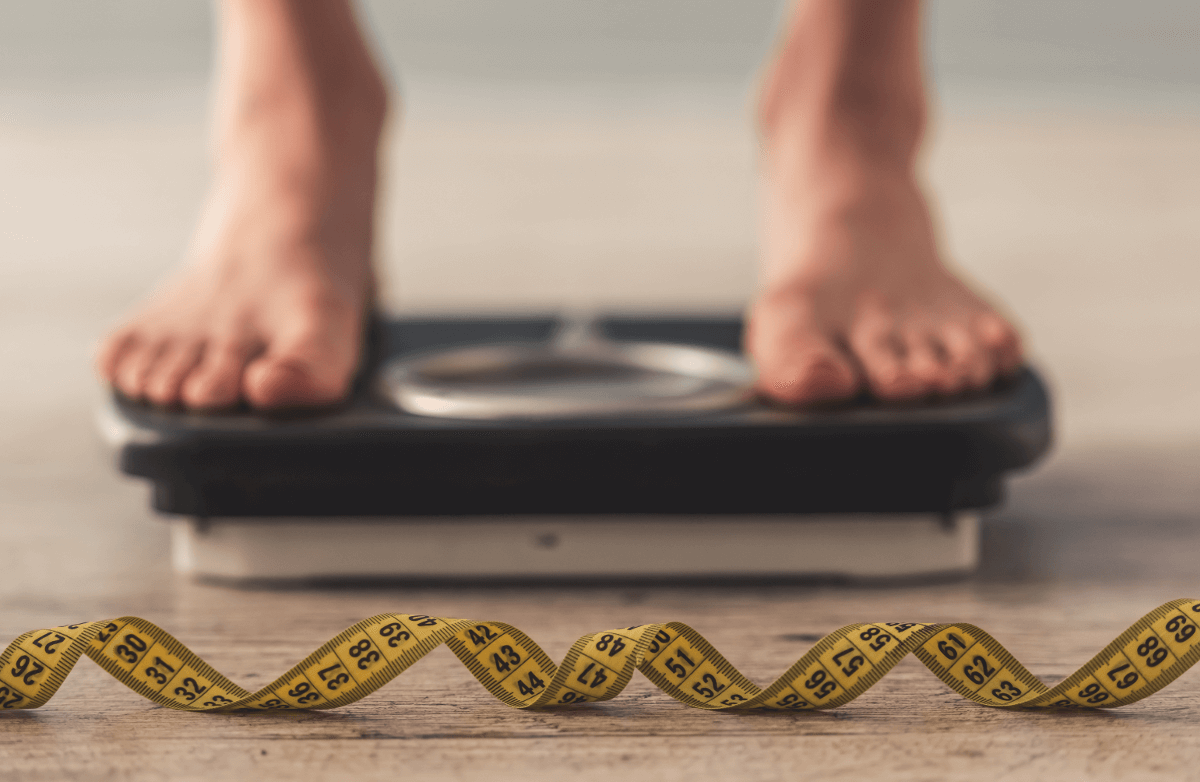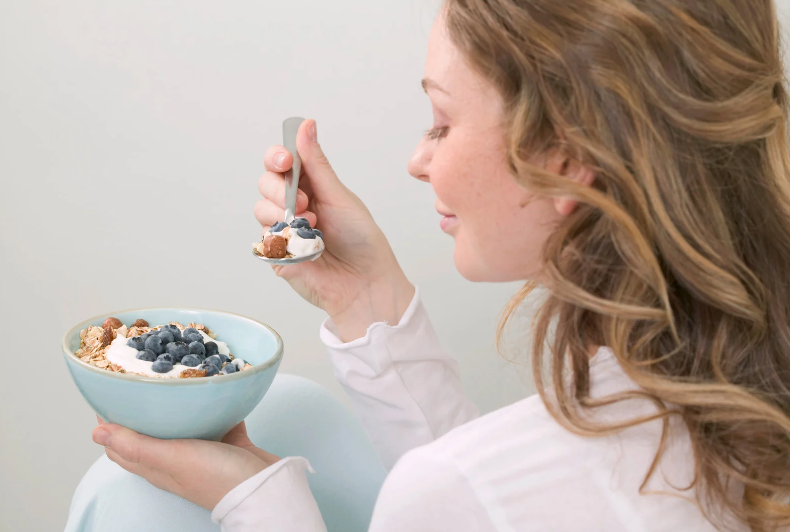Although it may feel like it, sleep isn't a passive activity, or a luxury for that matter. It's a must for your overall health and well-being and according numerous studies, it's essential for a healthy heart. According to the CDC and numerous studies, not getting enough sleep is associated with a number of chronic diseases, such as diabetes, cardiovascular disease, obesity and depression. Together, these four health conditions prove a powerful case that sleep isn't just beneficial, it's vital.
Diabetes
You may think that Type 2 diabetes is just about keeping your weight down and eating healthy foods, but research has found that sleep also plays an important role. According to a study published in the Annals of Epidemiology journal, people who slept less than six hours a night were three times more likely to develop incident-impaired fasting glycaemia (IFG), a condition where your body isn't able to regulate glucose as efficiently as it should. How does this related to heart health? People with IFG have a greater risk of developing Type 2 diabetes and are at an increased risk of heart disease and stroke.
Chronic Stress
Stress is another important factor when it comes to having a healthy heart. Other studies have shown that a lack of sleep can decrease glucose tolerance and increase the body's production of cortisol, a hormone produced in response to stress (plus we all know how hard it is to make healthy choices and lose weight when you're stressed!). Additionally, researchers have found that lack of sleep results in a 28% increase in average levels of ghrelin, known as the hunger hormone, leading to increased cravings and consumption of foods, making it even harder to prevent or control type 2 diabetes and therefore heart disease and stroke.
Cardiovascular Disease
There are numerous studies linking insufficient sleep with a number of cardiovascular diseases, including high blood pressure, stroke, coronary heart disease and irregular heartbeat (cardiac arrhythmias).
Recent research shows the negative effects of burning the candle at both ends. Published in the European Heart Journal, researchers found that sleeping less than six hours a night due to disturbed sleep gives you a 48 percent greater chance of developing or dying from heart disease and a 15 percent greater chance of experiencing or dying from a stroke.
An earlier study in the Journal of the American Medical Association found that. Compared with people who sleep seven to nine hours a night, people who don’t get enough shuteye are more likely to develop calcium deposits in their coronary arteries, raising their risk for heart disease. In fact, even after accounting for various other causes, researchers found that when sleep-deprived subjects get just one more hour of sleep per night, they had a 33 percent decrease in their odds of developing calcium deposits in their arteries. Although they're not certain why sleep helps keep arteries healthy, researchers hypothesize it helps combat stress, and the fact that when you sleep your blood pressure naturally lowers.
The disrupting sleep condition sleep apnea has a particularly strong connection with heart disease, but it's a bit of a chicken-or-the-egg scenario. An issue of the Harvard Heart Letter reported that poor sleep can contribute to heart disease, and heart disease can in turn disturb sleep. Poor sleep increases levels of C-reactive protein and other substances that signal active inflammation in the body. It also revs up the body’s sympathetic nervous system, which can strain the heart. On the slip side, sometimes heart disease is a cause of poor sleep, as many people with heart failure may wake up from due to breathing difficulties.
Obesity
Being overweight or obese puts strains on the body, especially the heart. According to the CDC, research has found an association between short sleep duration and excess body weight in all demographics, including children. It is believed that sleep in childhood and adolescence is particularly important for brain development and that insufficient sleep in young people may adversely affect the hypothalamus in the brain, which regulates appetite. As mentioned earlier, ghrelin and cortisol are also negatively affected when you don't get enough ZZZs. This can cause an increase in appetite, which can lead to overeating and overweight—a major risk factor for heart disease.
Depression
Although the relationship between sleep and depression is complex and not fully understood, sleep disturbance and depression have long been recognized as related factors. According to the CDC, recent research has shown that depressive symptoms may decrease once sleep apnea has been effectively treated and sufficient sleep restored. This close relationship—and depression's negative effects on the heart—makes sleep an important factor in heart health.
Sleeping Better for a Healthier Ticker
So now that you know how important sleep is to heart health, what can you do about it? Follow these tips to get the most from your ZZZs!
- Pay attention to quality. Ideally, you want to sleep the whole night through (most experts recommend seven to nine hours), but if you find yourself waking up multiple times a night or being exhausted even after a full night of rest, you may have disturbed sleep. See your doctor for more help in pinpointing what's up.
- Don't get too much of a good thing. If you regularly sleep more than nine hours a night, it can actually be an indicator of illness or even cardiovascular disease. Again, see your doctor.
- Rise and shine at the same time. Our bodies function and sleep best on a regular waking and sleeping schedule, so try to get to bed and get up at the same time every day—even on weekends. Make quality sleep a priority!
- Prepare for bed. At least an hour before bed, stop watching TV or playing on the computer. Put on some nice quiet, relaxing music and wind down with a good book or a hot bath. Also, be sure to make your bedroom a serene place you like to be with low lights and calming sounds, colors and images.
- Plan your healthy lifestyle around sleep. Alcohol and caffeinated beverages can both have a negative impact on sleep, so limit your consumption of both, especially in the afternoon and evening. Also, be sure that you're not exercising too close to bedtime; morning or early afternoon workouts are better if you have trouble falling asleep.
- De-stress daily. Too much stress is bad for your heart and it can disrupt sleep. Take time for you each day with these easy stress-busting tips.
- Get out of bed if you can't sleep. You should use your bed for two things: sleeping and sex. Anything else—including lying awake unable to sleep—should be done somewhere else in your home.
- Start a sleep journal. If you aren't sleeping well, make an appointment with your doctor, and then keep a sleep journal for about 10 days before your visit. Write down when you go to bed, go to sleep, wake up, get out of bed, take naps, exercise, and consume alcohol and caffeinated beverages. Your findings should help you and your doctor get you on a plan to better sleep!












